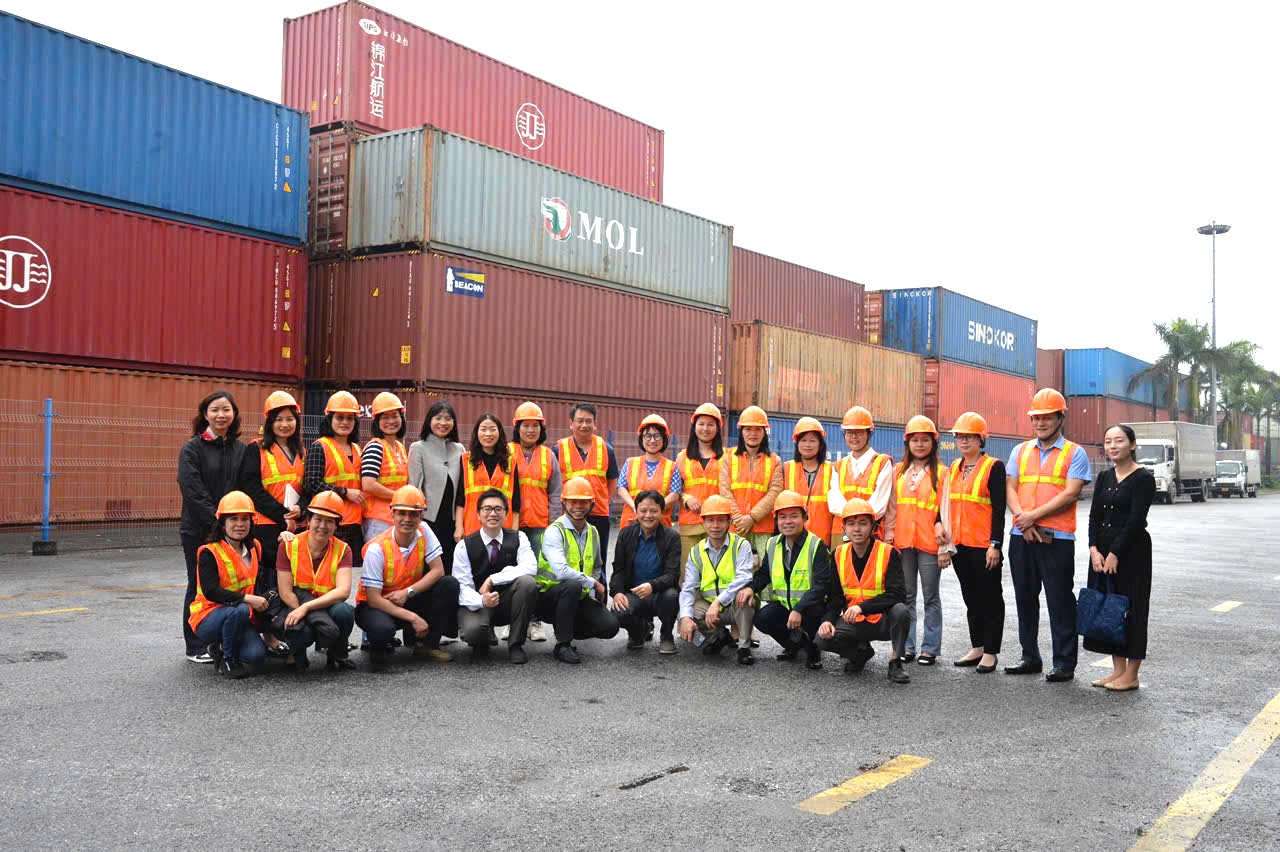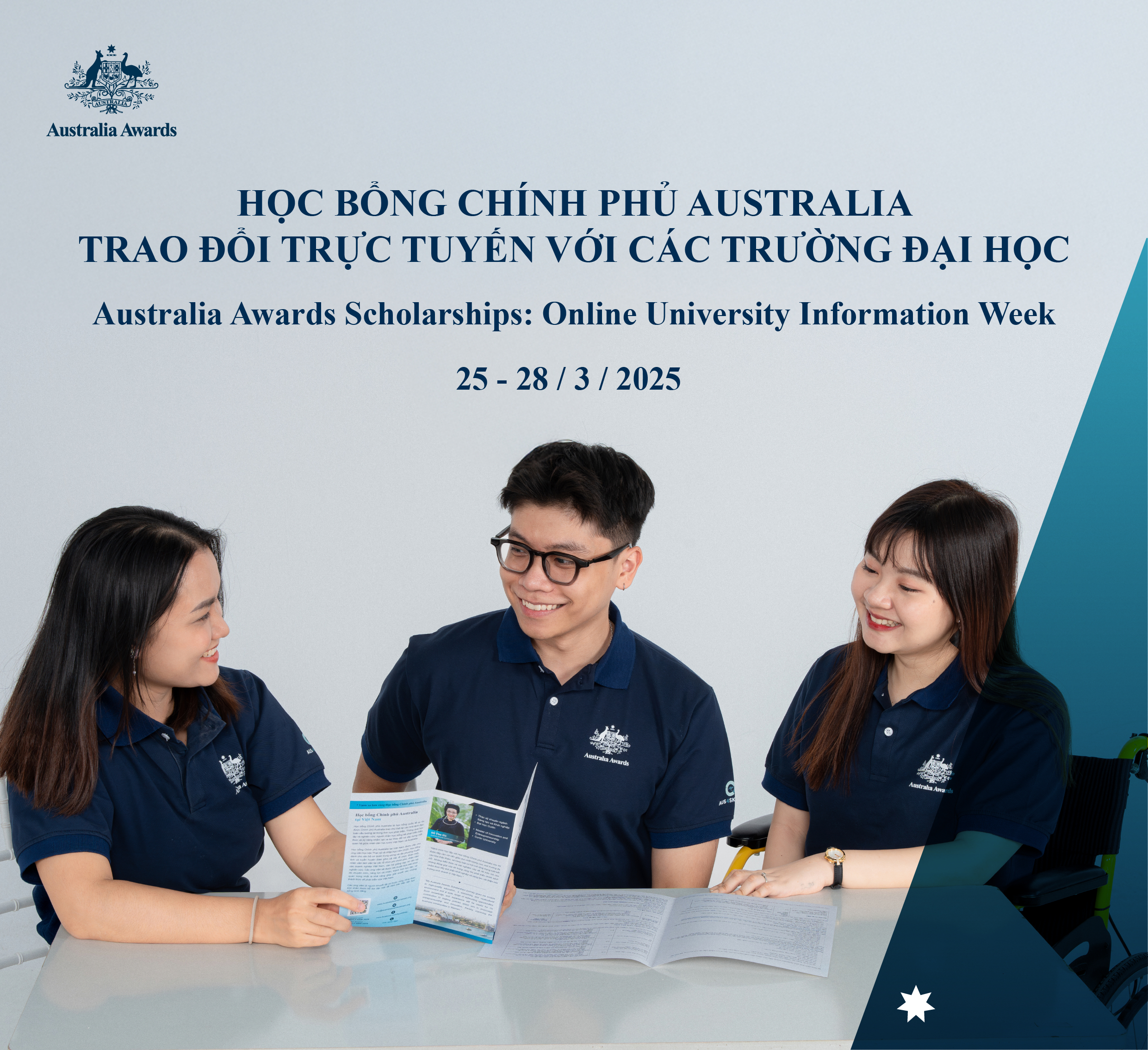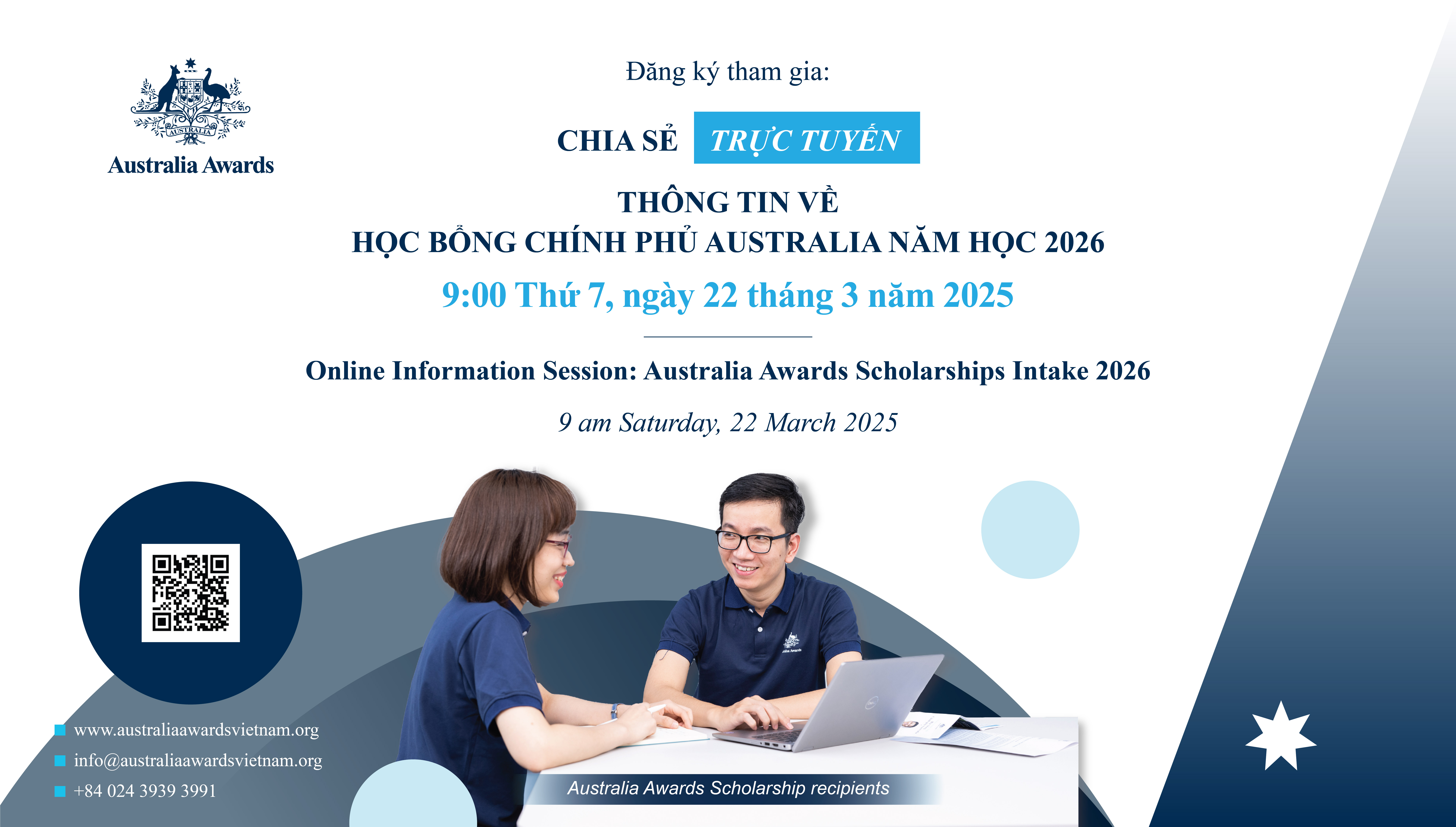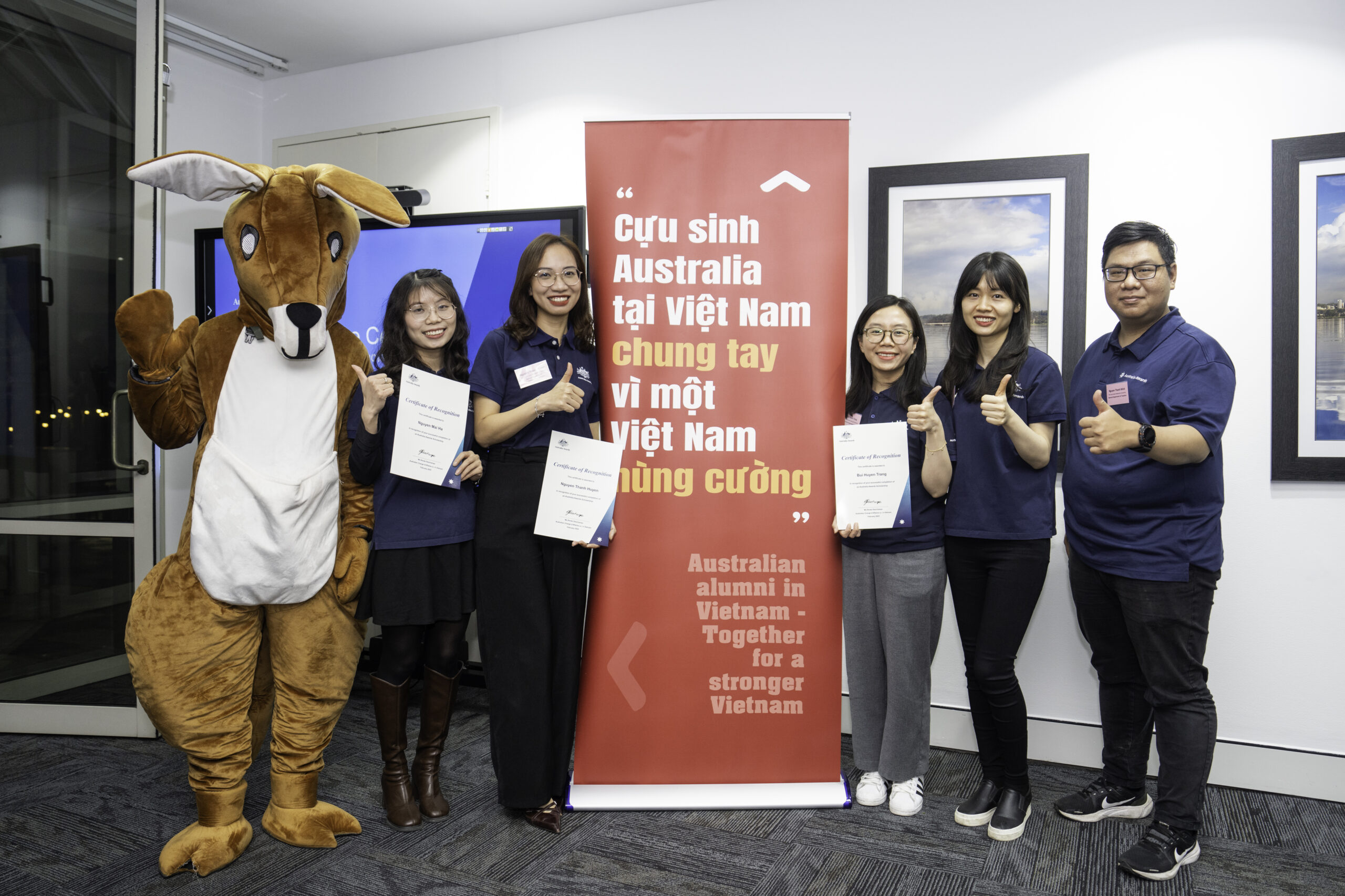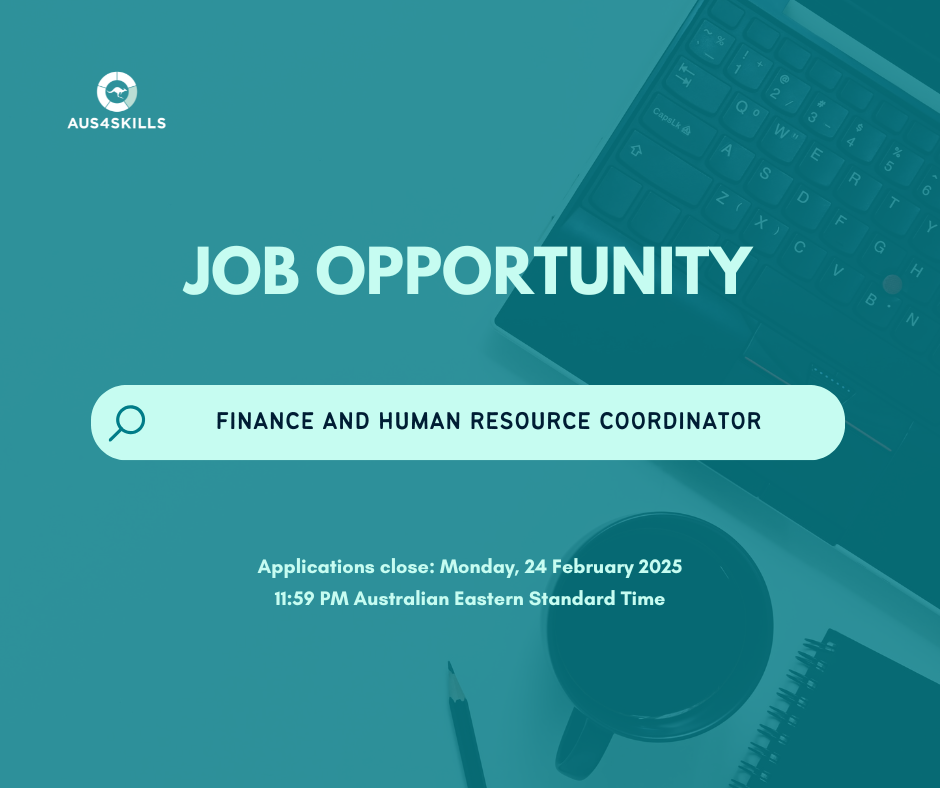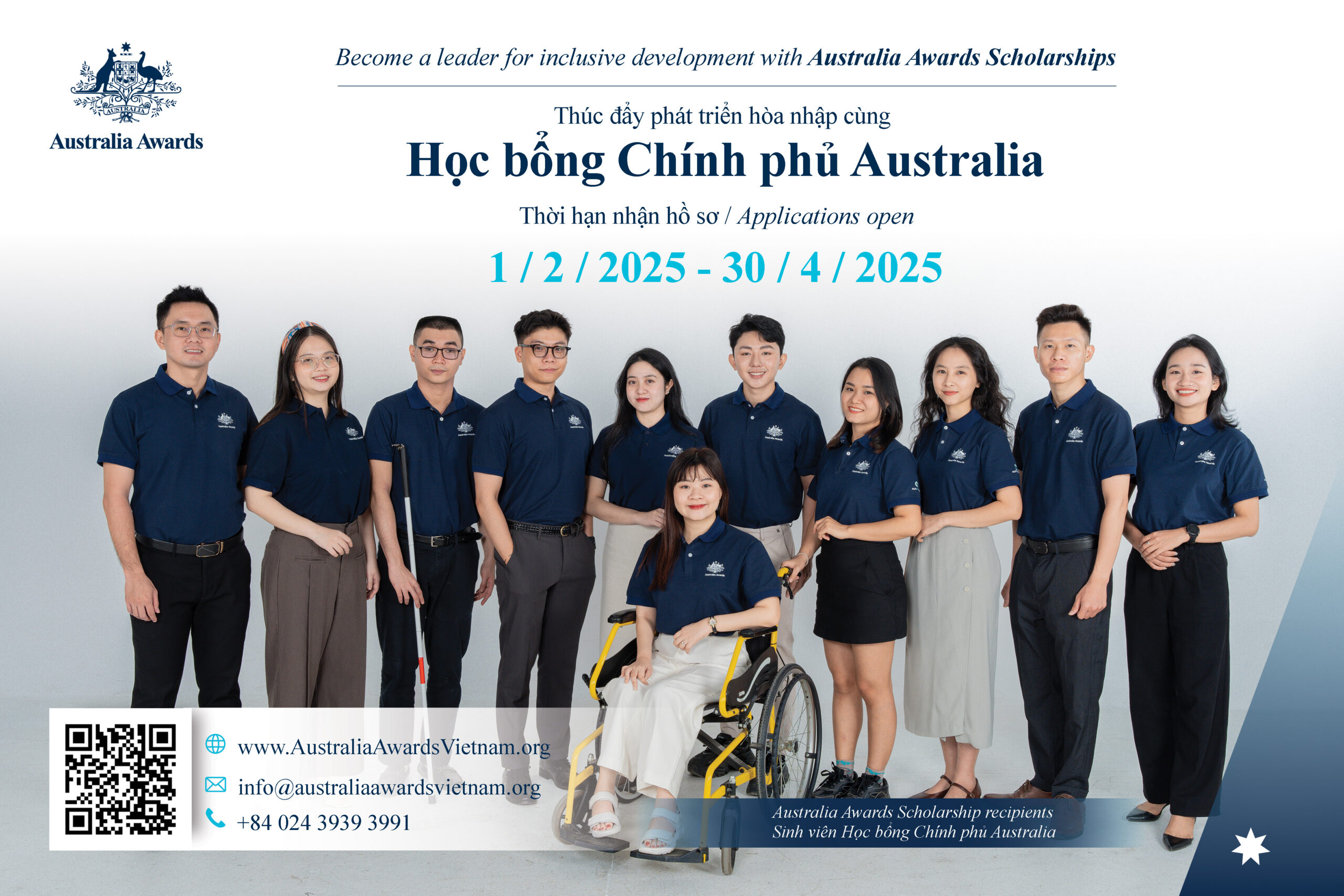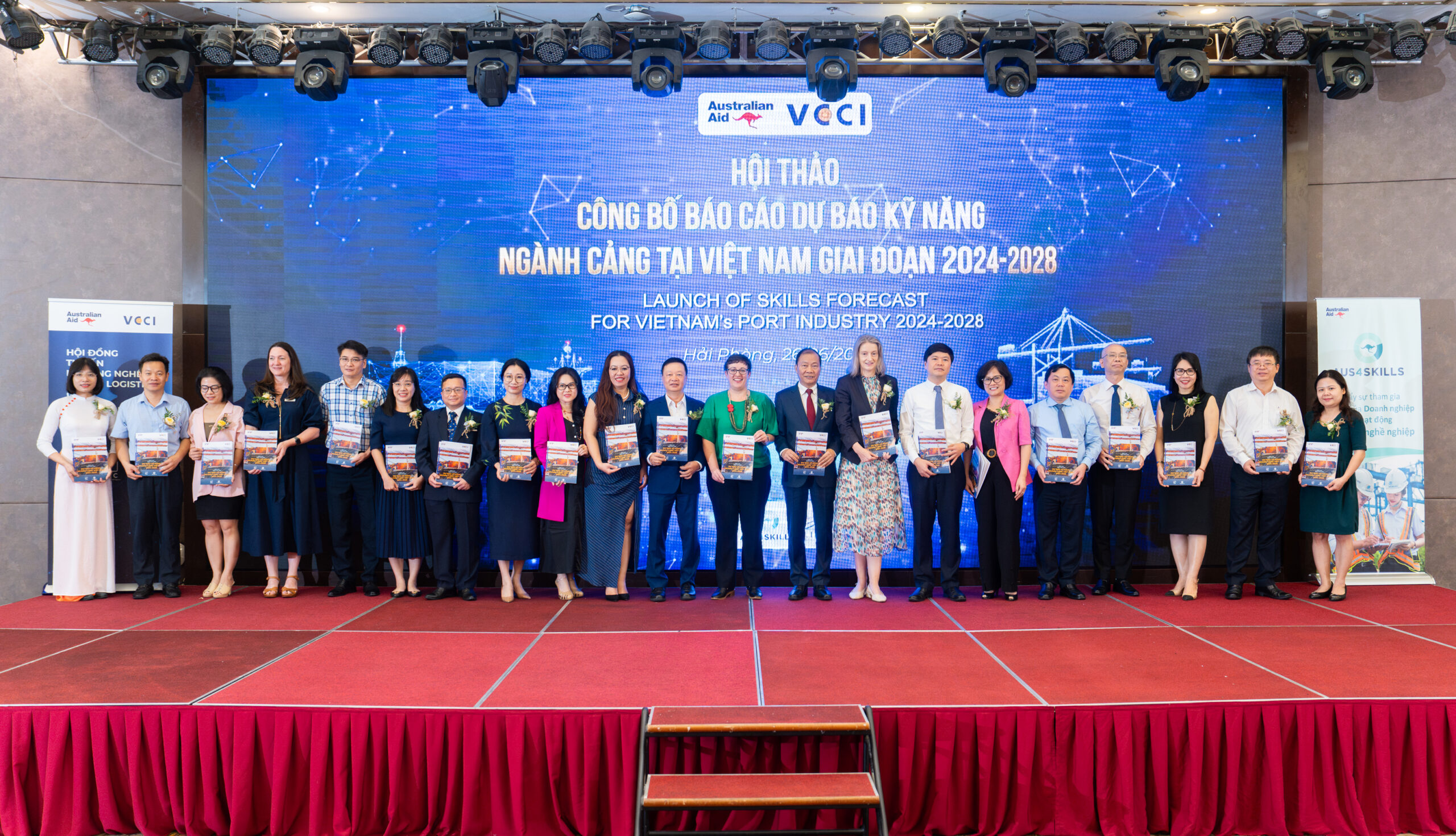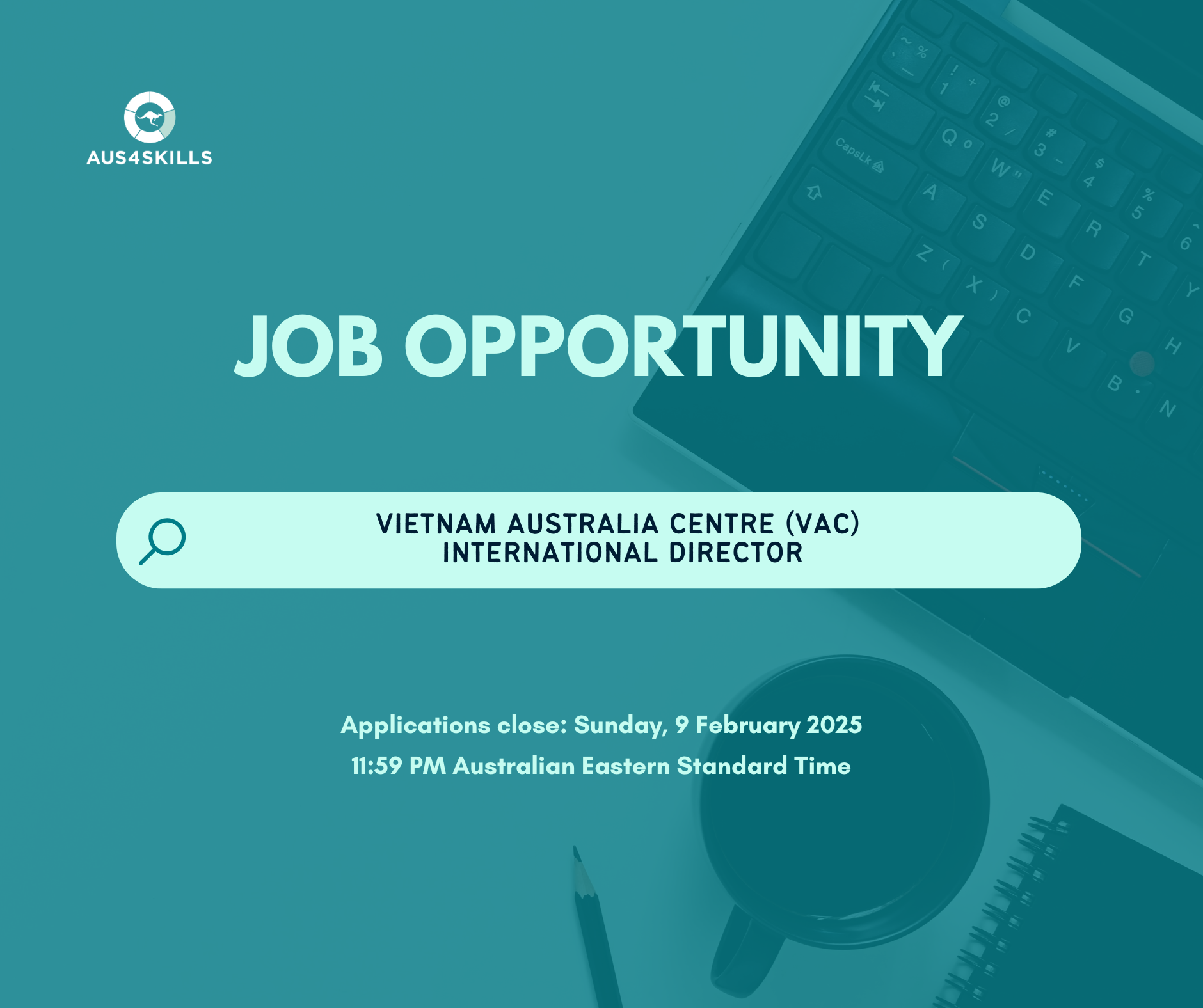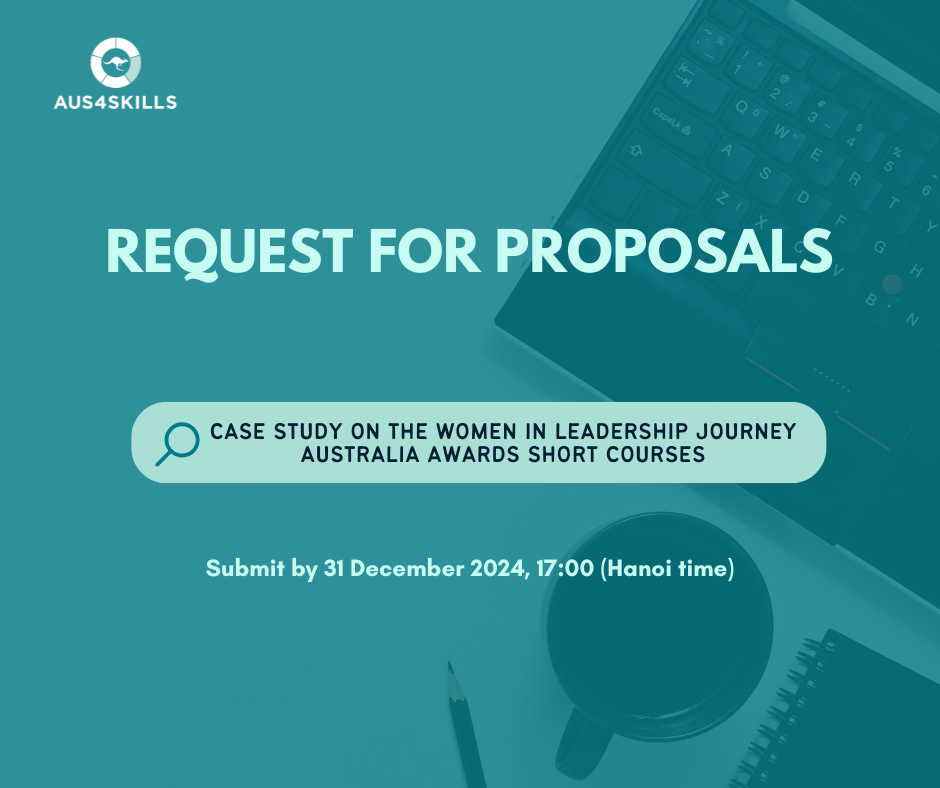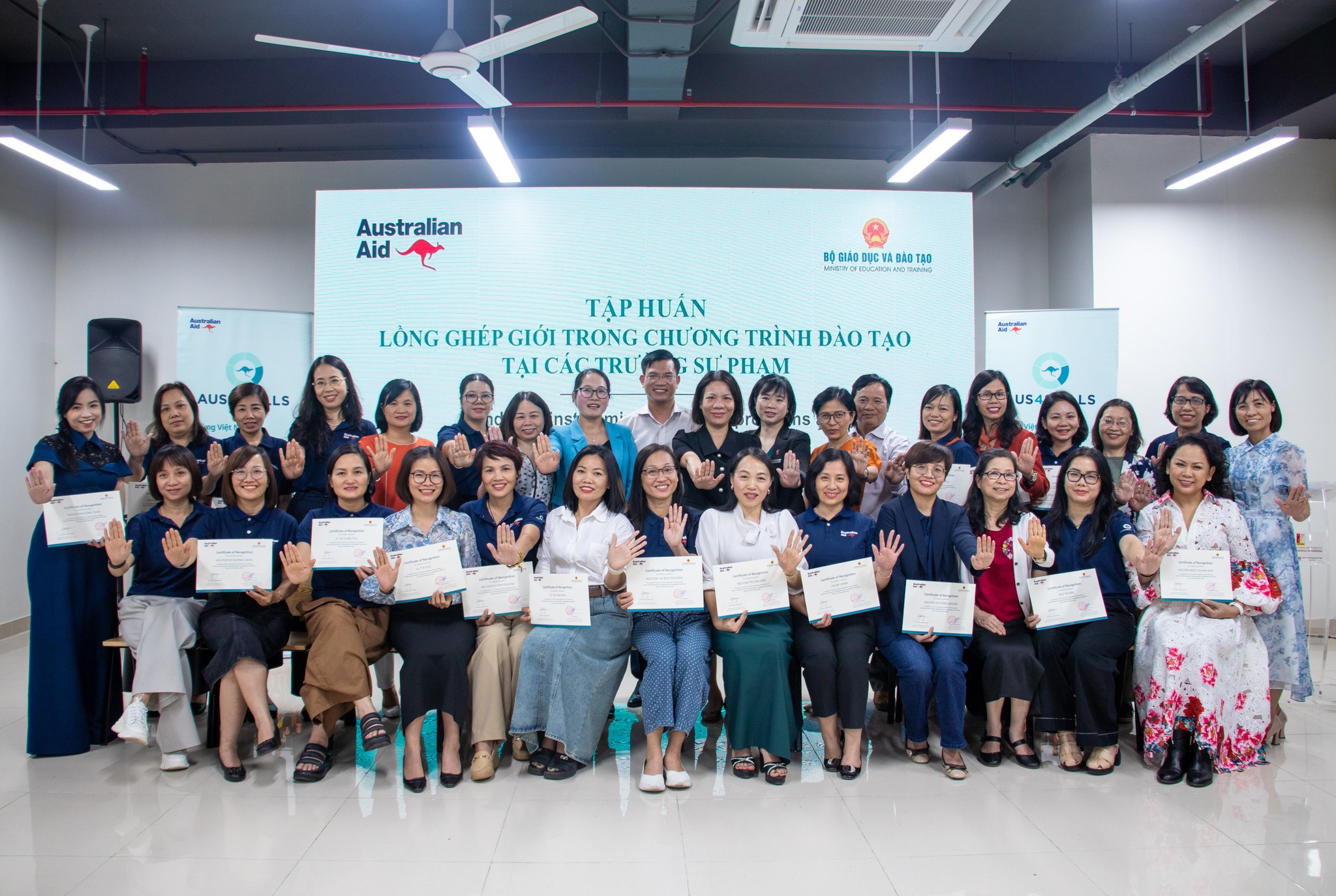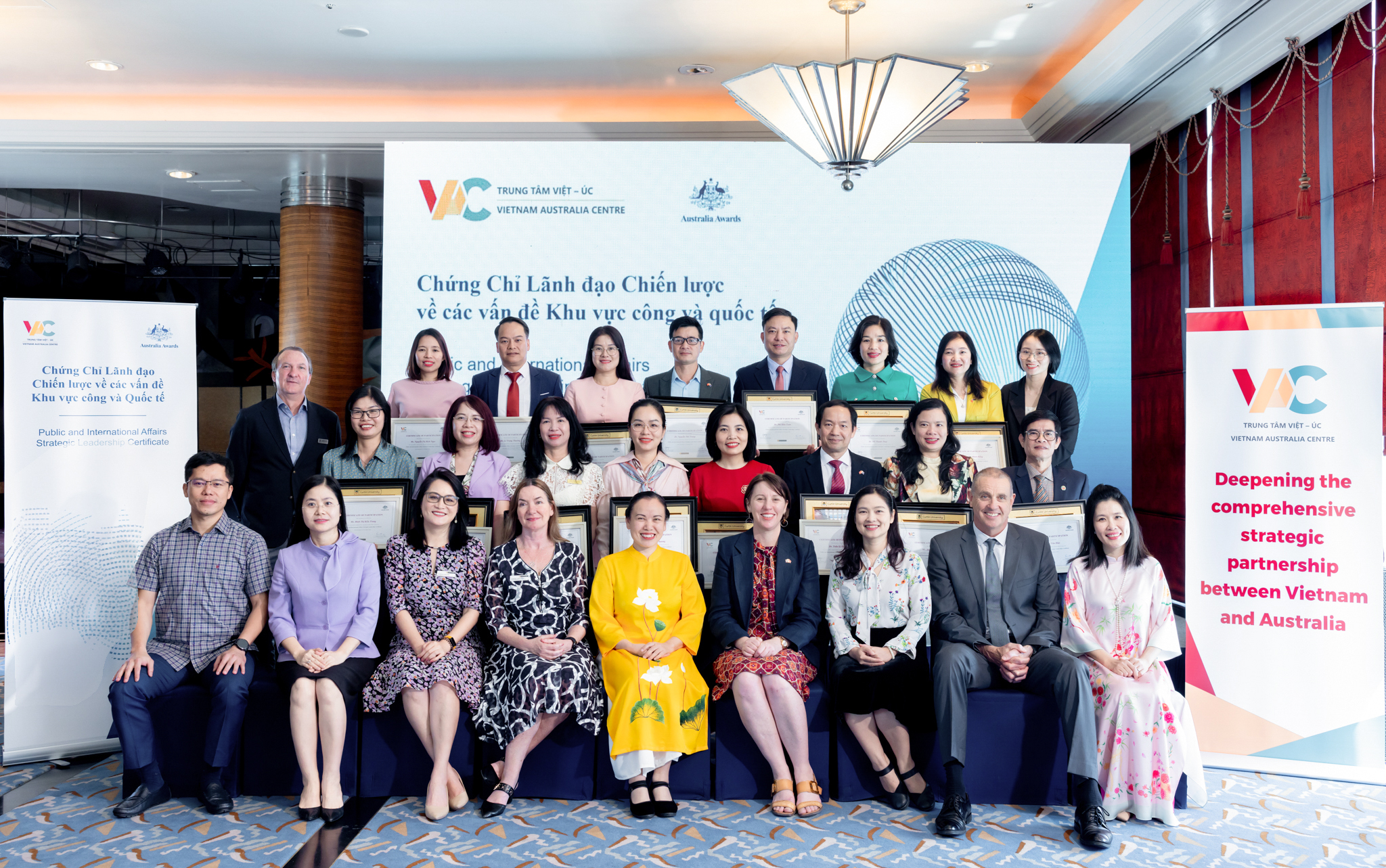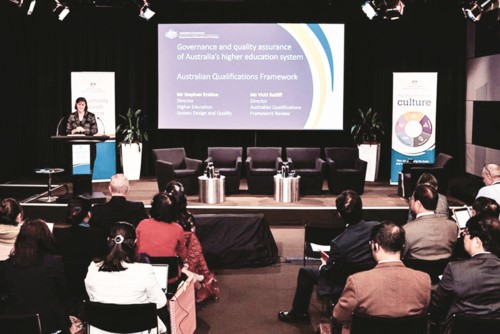
Delegates learning experience in governance and quality assurance of Australia’s higher education system, Headquarter of Department of Education and Training, Australia.
Education &Times Newspaper- Recently, through a program developed by the Aus4Skills program, Vietnamese experts were given opportunities to meet and work with concern stakeholders in Australia to acquire Australian experiences in university governance, management, and autonomy models.
The delegation was joined by Ms. Nguyen Thi Kim Phung, Director General of the Department of Tertiary Education, Ministry of Education and Training, Mr. Vu Duc Minh, Deputy Director of the Department of Society, Culture, Sciences and Education, Government Office. Lessons learnt in state management of Australia’s higher education system were acknowledged for application in Vietnamese universities.
State management in Australia’s higher education system
In a study of Australian higher education systems, Australian experts described the governance in higher education as follows: Australian universities are self-governing communities with governance structures defined by legal frameworks set since their establishment. Despite of different structures, they all have 3 basic pillars: Business (defining strategic goals), academia (defining/managing academic objectives) and executive management (realizing corporate and academic goals). The principal is responsible for executive management. The university Council is responsible for business governance (and is run by the Chairman of the Council). The university council is assisted by the Academic Council which is responsible for administering academic activities.
Under scope of this visit, Vietnamese experts focused on learning about Australian university system, state management of higher education in Australia, the roles and coordination mechanisms of stakeholders; higher education development policy, quality assurance mechanism for higher education; autonomy from a state management agency perspective.
Similarities and differences
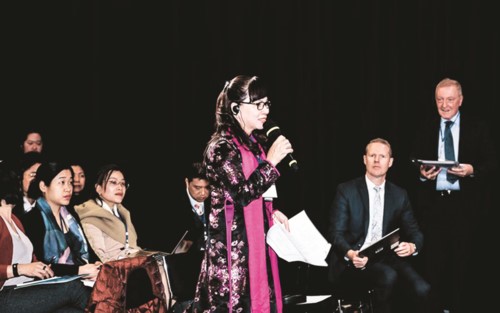
Ms. Nguyen Thi Kim Phung, Director General of the Department of Tertiary Education, Ministry of Education and Training, spoke at a workshop in a visit to Australia. Photo: Aus4Skills
There are 39 universities in Australia, including 37 public universities, 2 private universities and 131 organizations providing higher education services. Australian higher education is governed by a number of different laws, which are 3 Higher Education Laws: Law on Quality Assurance PISA, Law on providing education services for foreign students, Law on Higher Education Support. In addition, Australian universities are governed by a number of other laws, such as the Enterprise Law, because Australian universities operate as businesses.
State management in Australia’s higher education system involves a number of agencies, including Federal Department of Education and Training, Department of Education at states, Tertiary Education Quality and Standards Agency (TESQA), the Australian Skills Quality Authority (ASQA), and the Australian Research Council (ARC). There are also stakeholders such as professional associations and union organizations involved in policy formulation and criticism.
According to the delegation, university autonomy in Vietnam and Australia has many similarities, however, there is a gap between policy and enforcement in Vietnam. There are 4 major differences between the two countries. Australia has few universities which involve in many fields at large scale and have about 20,000 students, with substantial resources for interdisciplinary research and development. In Vietnam, there are many universities which focus on few sectors at small scale, leading to scattered resources, high operational cost and low efficiency. Australia has 22 million people with 39 universities while Vietnam has more than 90 million people with nearly 250 universities.
In addition, 7 out of 39 Australian universities are among the top 100 leading universities in the world. As for Vietnam, no university has reached the top 200 of international university rankings. Notably, Australia has no industry that has its own university. Vietnam has more than 30 ministries, branches and localities with affiliated universities.
Recommendations to state management of Vietnam’s higher education system
From the analysis, surveys, and discussion with Australian experts, the Vietnamese delegation proposed that Vietnam should develop appropriate, effective and quality state management policies, enhance the participation of stakeholders. Specifically, building quality standards to review and reorganize the system of higher education institutions. Besides, completing mechanisms and policies to support comprehensive university autonomy (finance, human resources, and academia). Together, building a quality assurance framework of higher education.
The delegation proposed to study further to establish a national quality assurance organization in Vietnam like TEQSA of Australia. Through research and discussion with these organizations in Australia, the delegation found that the role of quality assurance, quality standards formulation is important to ensure the competitiveness of universities. Therefore, an in-depth study is required to form an organization like TEQSA of Australia.
Besides, the Vietnamese delegation is looking forward to study further the process, indexes which are used for state budget allocation, result-driven project management; unit cost determination methods in training along with quality-based, credit-based higher education classification which will be the basis for different management policies, and quality assurance mechanism for national qualification framework implementation,
Source: Translation of an article on Education and Times Newspaper






